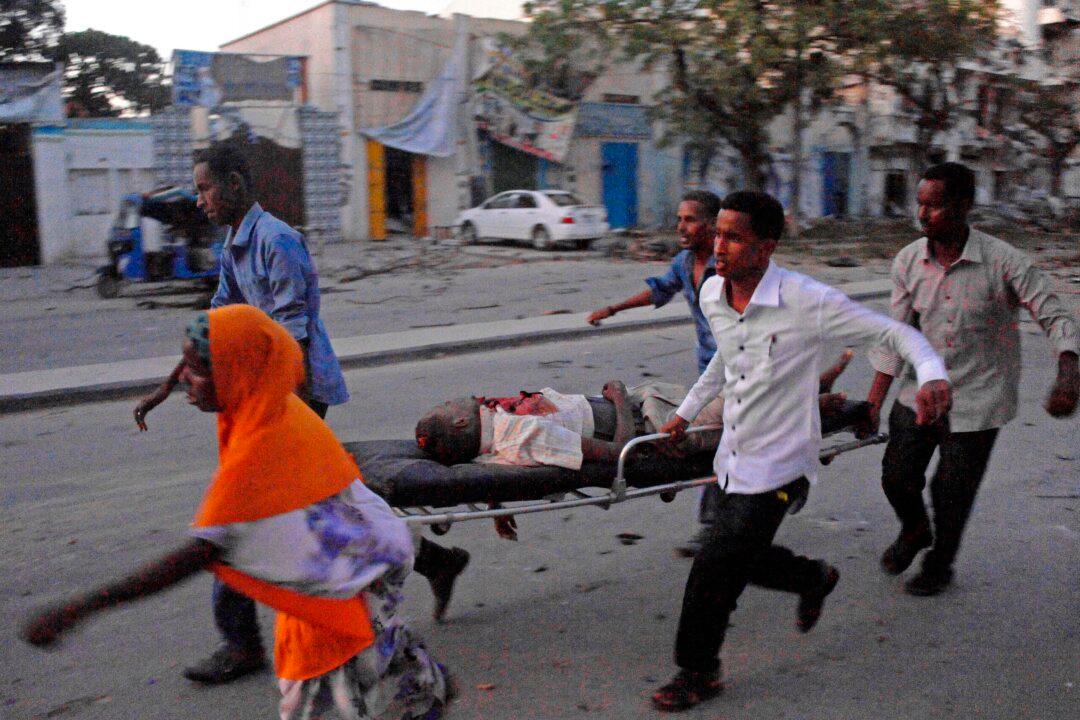News Analysis
Conditions in Africa represent a “perfect storm” that’s fueling the rise of Islamic terrorism on the continent, security experts tell The Epoch Times. They cite Africa’s newest insurgency, in northern Mozambique, as a prime example.

Conditions in Africa represent a “perfect storm” that’s fueling the rise of Islamic terrorism on the continent, security experts tell The Epoch Times. They cite Africa’s newest insurgency, in northern Mozambique, as a prime example.